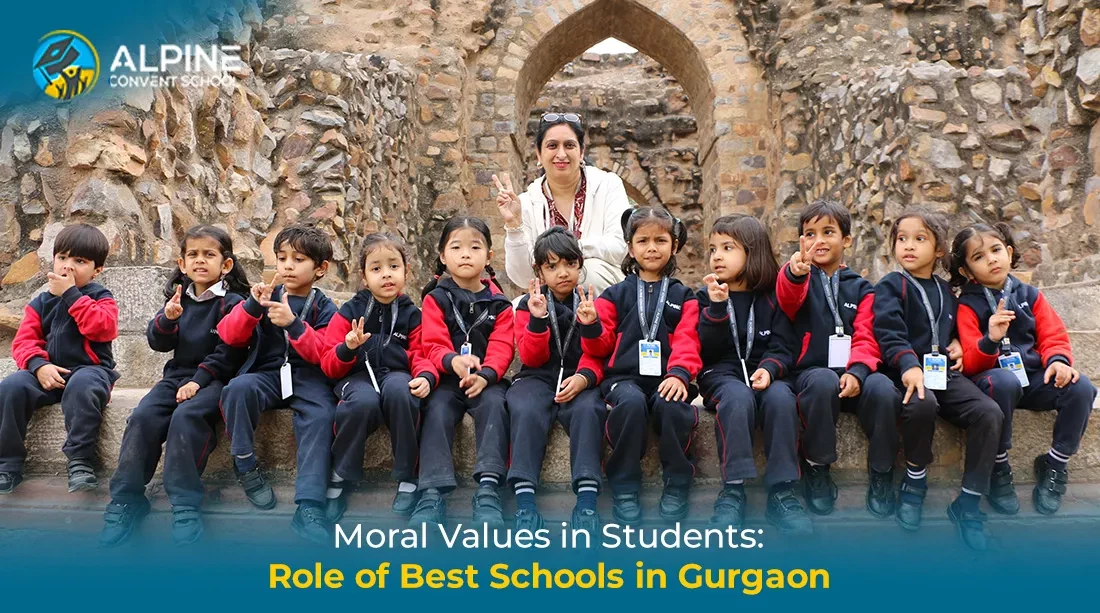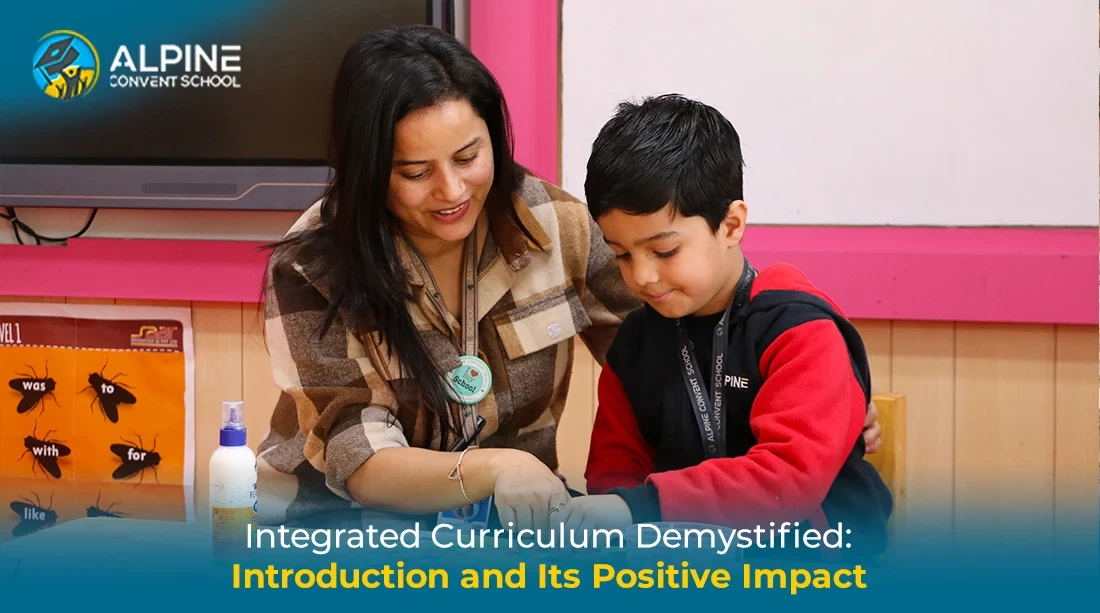
17 January, 2024
Making your youngster master social skills is crucial for his or her growth. When children gain good social skills, they can develop a willingness to interact constructively and develop communication skills that allow them to communicate their needs, feelings, and goals successfully. This social talent will go far beyond social relationships and acceptance. Children with stronger social skills are more likely to benefit immediately. One study discovered that high social skills can potentially reduce stress in children.
As the children grew older, their social skills required constant improvement. This is something that happens naturally, and as we get older, our skills keep becoming better. And you may increase it by continuing to study and strengthening your efforts and practice.
A few social skills are fairly hard, such as understanding, which is necessary to be forceful when someone you know is being bullied or to remain mute when you disagree with an umpire's call. If you want your child to gain social skills, keep reading the points below to understand how to teach them.
Sharing: Sharing is an everyday element of a child's existence. However, it is more difficult for early toddlers. However, this practice will assist the youngster in learning how to love and create friends. Sharing is a tough idea for young children since they are more focused on their wants and desires rather than those of others. This is normal conduct, so don't be concerned. At this age, the learner will have a strong sense of belonging that will outweigh their desire.
In the ages of three and six, children become increasingly self-centred and reluctant to share costly resources. This is due to the child's perception that they are less enjoyable. However, they are more willing to share it when the youngster loses interest. Even so, as a youngster ages 7 or 8, they start to care more about justice and are more inclined to share their possessions. Children are delighted when they can share their possessions. Sharing will assist in building a child's self-esteem when you educate them to do it.
When you enrol your child at the top school in Gurugram, Alpine Convent School, you are given a group of qualified teachers who feel that sharing is something that should be encouraged rather than forced. They keep asking the youngster to do so, and when they do, they show appreciation. Youngsters will be inspired to repeat an action if they receive praise.
Listening: Teaching your child to listen does not entail teaching them to be silent; rather, it entails teaching them to pay attention to what others say. Another crucial element for healthy communication is the capacity for listening. After all, a child's capacity to listen is a major factor in how much they learn in school, as demonstrated by the instruction to "listen carefully to what the teacher is saying."
As your child progresses academically, you should ensure they are paying attention, taking notes, and considering what is being said. Remember to offer your child the chance to practise listening; doing so will help them develop their abilities. Additionally, this will help the student's empathy grow. Children can only respond to others by listening to and comprehending what they say.
How would you put that into practice?
Our teachers will engage in some story-telling exercises to improve listening skills. They will read a storybook while exchanging questions about it. Making them fill in the blanks and encouraging them to keep listening as you go on are two other ways to use this tactic.
Following instructions: Students who cannot follow instructions will often have a lot of difficulties. The main worry for their growth will be this. Whether you assign your child the chore of cleaning the room or you ask them to wash the dishes, they must follow your directions when doing the same.
The best CBSE school in Gurgaon, Alpine Convent, has a well-trained faculty and a structured curriculum that encourages student participation in various activities, educating them to listen to instructions and comply with them. This will also help us determine whether the youngster is developing strong listening skills, making it simpler to follow instructions appropriately.
How would you put that into practice?
Simple directions like "Could you please pass the book" or "Can you pass the water bottle, please" can teach your youngster to listen to your instructions before acting on them.
Take your child under the direction of professionals if they seem to have greater social skills difficulty than the others. The Alpine Convent is the ideal location for this. This institution is listed among the ten best schools in Gurgaon Sector 56, where a qualified faculty will support the development of social skills.





Get first-hand information on the top school in Gurgaon - Alpine Convent